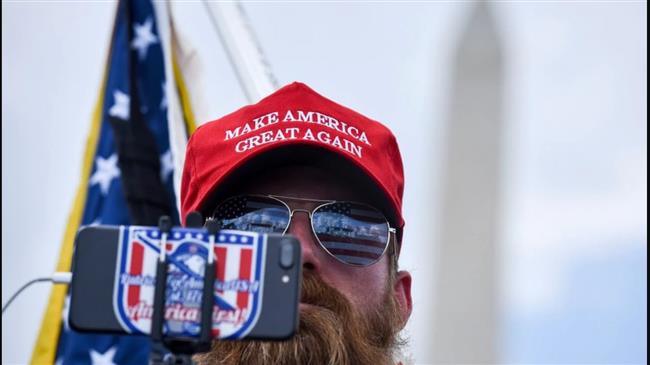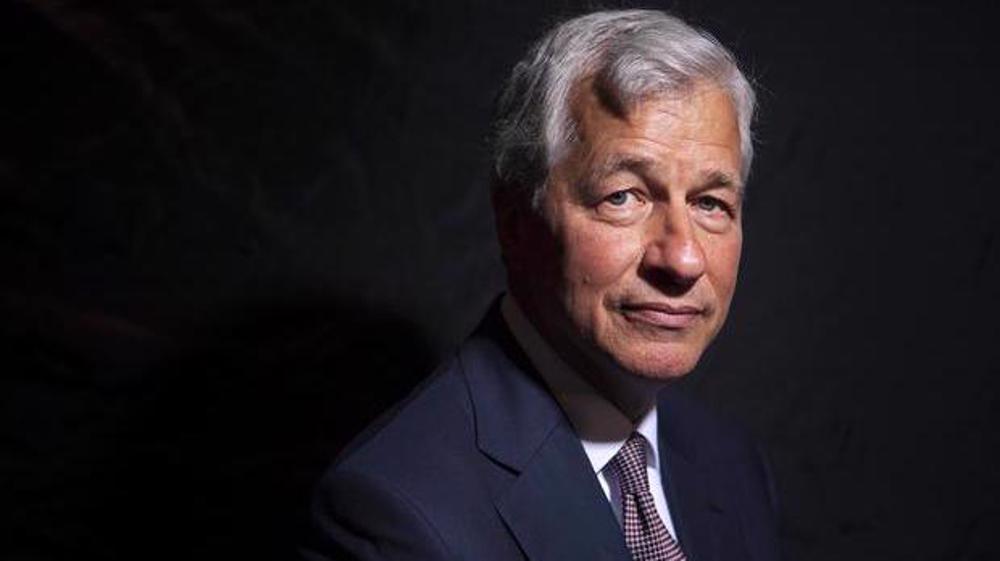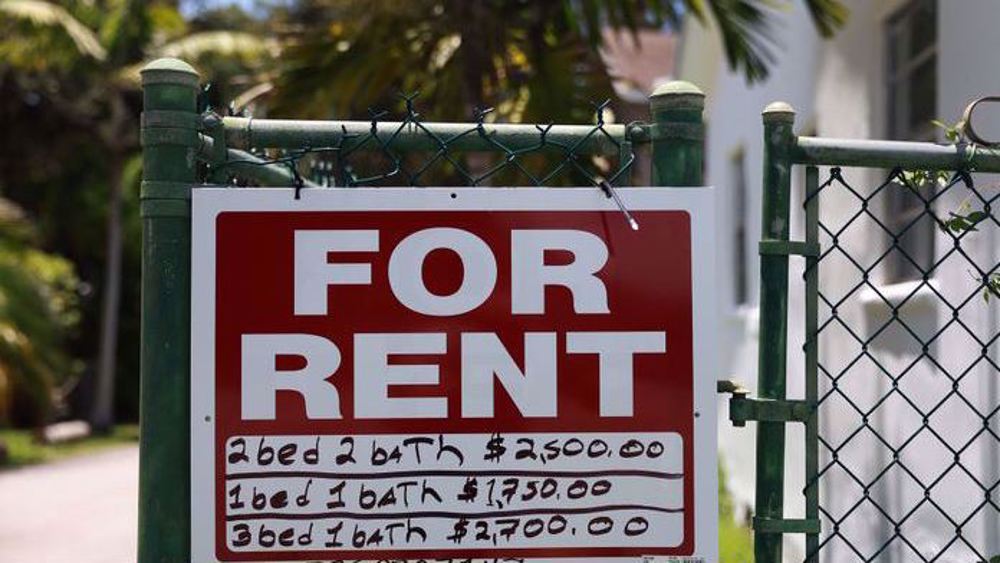GOP transforming to Socialist Party on trade?
By Martin M Eagleton
The Republican Party has been known as the bulwark of free trade and laissez faire economics, claiming opposition to a leftist Democratic Party that some ardent Republicans claim its members are official Communists. This is changing.
Until recently, the free trade claim of the GOP has been true. Reaganomics, the famous trade and economic policies of Republican President Ronald Reagan in the 80s, encouraged deregulation and the flow of imported consumer goods into the US. The result was a massive trade imbalance against the US, and as a result Washington became the largest debtor nation in the world.
Ideological adherence to free market mechanisms has been so prevalent in the modern Republican Party that in a 1988 question and answer session, Ronald Reagan, the icon of the modern GOP, said "trade deficits and inflows of foreign capital are not necessarily a sign of an economy's weakness." He argued that such deficits caused by imports are actually "a sign of strength" and are “desirable," because “our growing economy enables us to buy their goods," pointing to Americas wealth, and therefore its natural tendency to consume more.
Reagan was not a sole maverick defending such open policies. The whole Republican Party establishment supported such policies through all these years and up until the presidency of Donald Trump. Politically, the GOP viewed trade and open markets as a means to expand its ideals of American democracy. This is why the 2016 GOP “plan for security” reads: “The US must promote open markets and expand free trade. Not only does trade grow the American economy, but it spreads global freedom.”
And in another document, the “Republican Party Platform” on free trade adopted at the GOP National Convention on August 12, 2000, the Party emphasizes: “Republicans are confident that the worldwide trade agenda is full of promise. Tariffs should be cut further. The US can back private sector efforts to streamline common standards and deregulate services. America can set the standards and be at the center of a web of trade, finance, and openness. If some nations choose to opt out, they will see how other countries accepting economic freedom will advance on their own. This is a vision of private initiative encouraged, not stifled, by governments.”
A trade revolution in the GOP: Is a trade realignment coming?
All this is changing with the Trump presidency and it is changing at unprecedented speed. Due to the populist policies and promises of former presidential candidate, and now president, Donald Trump, the Republican base will no longer cheer for Reaganomics or any other strand of free market capitalists of the Party. The Party has been taken over by the most belligerent partisans that were once mere fringe voices but are now the loudest in the Party of Lincoln.
To make things even worse for the mainstream free marketers, if one initially thought Trump’s America First rhetoric and his promise of tariffs on foreign imports were a mere campaign ploy devised to garner the votes of the American blue-collar worker who felt threatened by cheap foreign labor, the new President Trump has proved otherwise: that his slogans shall become policy.
In a massive overhaul of the modern GOP notion of free economics and unregulated trade, Trump has decided to keep his words and pursue his promise of economic protectionism, a policy he is so adamant following that it even includes tariffs on the closest of American allies such as the Canadians, the French and even the Germany that the Marshall Plan helped reconstruct and industrialize.
Even worse for the internationalists in the Party is that Trump’s tariff support among the ordinary GOP voter means such policies resonate with the party’s alienated base and will most probably drag establishment elites into the new protectionist direction. Although Republicans have been outspoken against the tariffs, and House Speaker Paul Ryan personally spoke with the president and also publicly criticized Trump’s decision to impose tariffs against imported steel and aluminum, the opposition is cracking. In sharp contrast with traditional GOP policy on trade and its embrace of laissez-faire economics, House Majority Leader Kevin McCarthy defended the Trump administration this Sunday for leveraging tariffs on close allies disguising the measure as “standing up” for free trade.
It seems the party is on the verge of a major policy shift. A policy shift so astounding that it echoes the re-alignment of the Party of Lincoln from the platform of the most vocal opponents of slavery and injustice to the dominant party of the South and the main stage of the conservative movement of America.
Back to a GOP tradition of protectionism
But how did the party of free trade all of a sudden reach this point? The short answer is it didn’t, protectionism had roots in the Party. As paleo-conservative Pat Buchanan, a former top adviser to three Republican presidents reminds us, free trade promotion has not always been the case in GOP and actually the Republican Party was once known as the party of “high tariffs”:
“From Lincoln to William McKinley to Theodore Roosevelt, and from Warren Harding through Calvin Coolidge, the Republican Party erected the most awesome manufacturing machine the world had ever seen. And, as the party of high tariffs through those seven decades, the GOP was rewarded by becoming America's Party,” Buchanan reminds us.
Buchanan is pointing to a, up until now, fringe strand in the Republican Party. A strand of protectionists like the senator from Massachusetts Leverett Saltonstall who once, referring to free trade policies, famously said: “I cannot go along with a trade policy that can create boom-towns in Japan and ghost towns in New England.”
Such protectionism in the Party was further advanced because of the South’s embrace of the Republican Party in the latter half of the 20th century. The southern manufacturer -- that was now voting Republican instead of Democrat -- favored tariffs as a means of competing with cheap imports. This was because “trade liberalization hit them [the South] squarely in the wallet — especially manufacturers of cheap cotton textiles, which were particularly vulnerable to lowered tariffs. Suddenly, these manufacturers reevaluated protectionism and found it consistent with both their bottom lines and their conservative values,” Katherine Rye Jewell professor of history at Fitchburg State explains.
Consequently the GOP which was dominated by free-trade ideologues and internationalist capitalists now was also home to a competing protectionist fringe strand that had a reasonably large base among the conservative blue-collar worker.

Donald Trump saw an opportunity in that almost completely sidelined strand and invested on it. Coupled by a working class stretching from the Rust Belt who embraced the idea of “Make America Great Again” and was frustrated because of what they saw as the destruction of their manufacturing economies by foreign production, Trump has tapped into a potentially powerful source of political ammo.
Who will win the trade war inside the GOP?
A recent Luntz Global Partners poll found that 62 percent of Americans think tariffs are worth the risk to get better trade deals. This number is even higher among Republicans – a whopping 88 percent of them support such tariffs. The percentage of pro-tariff citizens among the supporters of the Democratic Party, that has been always portrayed the leftist in US politics, is a mere 34 percent!
Aside from all the noise about Trump’s incompetence and lack of prudence, the businessman turned politician perfectly knows the populist sentiments of his base, and besides the point that he might in fact believe in his own protectionist rhetoric, he knows that even if modern economics and a majority of the academia believe tariffs are ultimately bad for the US, the average GOP voter thinks otherwise. Given that reelection is all that matters for the average politician, strong opposition from the internationalists against Trump seems unlikely. At the end of the day, just like the House Majority Leader Kevin McCarthy, others will most probably bend or like Paul Ryan, just quit the game.
The split over trade in the Party is so profound that some are speculating “Trump’s haranguing of American free trade might drive the GOP’s corporate establishment into the Democratic Party,” reminding us of the era when Northern Republicans joined ranks with the Democratic Party.
For now, it seems if the GOP establishment and free trade capitalists would want to stay in the Republican Party and avoid being crushed by the populists, they have no other way than either complying or staying silent. Of course the Democrats will always be happy to greet them
VIDEO | Smoke rises from Gaza as fighting continues
ICRC decries escalating Israeli raids across occupied West Bank
Israel still prevents food convoys from reaching north of Gaza: UNRWA
NYPD arrests multitude of pro-Palestine students at NYU campus
Iran’s decisive response to Israel disrupted enemy’s equations: Hamas
Iran releases details of confiscated Israeli transit cargo
VIDEO | Press TV's news headlines
President Raeisi: Nothing will remain of Israel in case of another mistake










 This makes it easy to access the Press TV website
This makes it easy to access the Press TV website